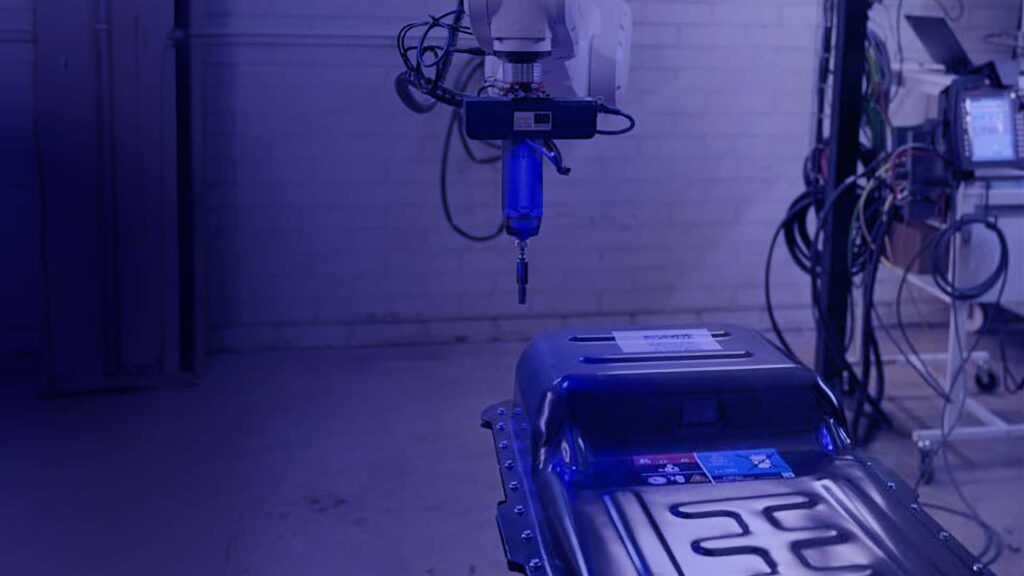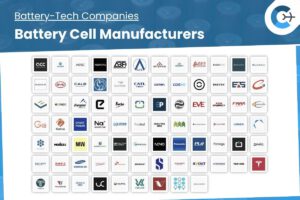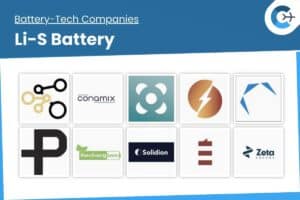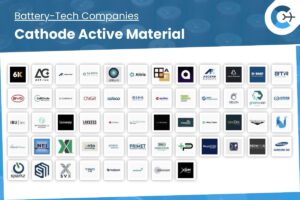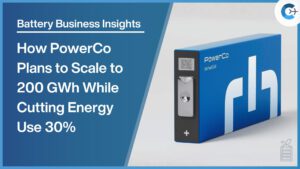On September 1, 2025, in Kokkola, Finland, Recirculate, an EU-funded initiative dedicated to advancing second-life battery innovations, announced the successful completion of the first development phase of its automated electric vehicle battery disassembly system. The project aims to drive a sustainable circular battery economy across Europe by creating tools and machine learning models for robotized dismantling from pack to cell level.
A research team from Centria University of Applied Sciences led the effort, designing a purpose-built robotic cell around a KUKA KR10 industrial robot mounted on a mobile linear track. Equipped with custom end-effectors and a depth camera, the system performs two key operations: separating battery packs into modules, and dismantling modules to individual cells. It uses multiple machine learning models to identify screws, connectors, wiring, and other components, extracting precise three-dimensional coordinates to guide the robot’s unscrewing, lifting, and removal actions.
“There are approximately 50 screws on the lid alone,” says Tomi Pitkäaho, Principal Lecturer in Research, Centria University of Applied Science. “We’ve trained a machine learning model to locate and identify each screw, extract their exact coordinates, and send this data to the robot. With a depth camera installed directly on the tool, the robot can precisely determine not just the x and y position, but also the z-depth for each component.”
In parallel, the team developed a battery identification model that recognizes different battery types—even without QR codes or digital passports—with nearly 100% accuracy for major automakers. This capability enables the system to automatically select the correct disassembly routine for each battery chemistry and design.
“This is one of the first working, real-world examples of battery disassembly using machine learning and robotics,” Pitkäaho states. “Until now, most efforts have been purely academic. We’re proud to bring this into industrial application through Recirculate.”
Future work will focus on expanding the proprietary training dataset and extending compatibility to additional battery formats. By scaling this technology, Recirculate intends to industrialize safe, efficient, and automated battery recycling, lowering processing costs and supporting Europe’s transition to a circular battery economy.
Source: Recirculate

